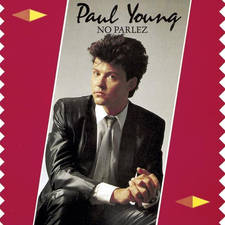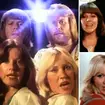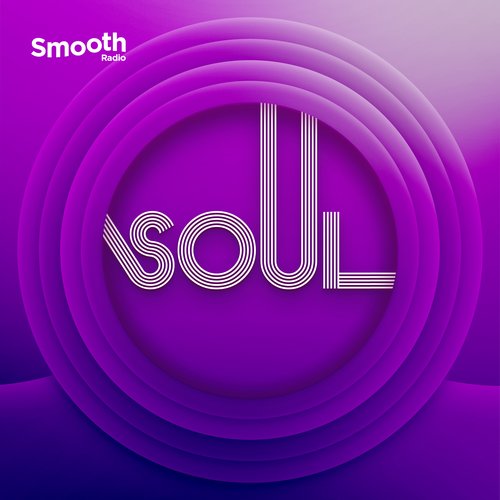ABBA reveals why the UK gave them 'nul points' for 'Waterloo' at Eurovision in 1974
10 May 2024, 11:18
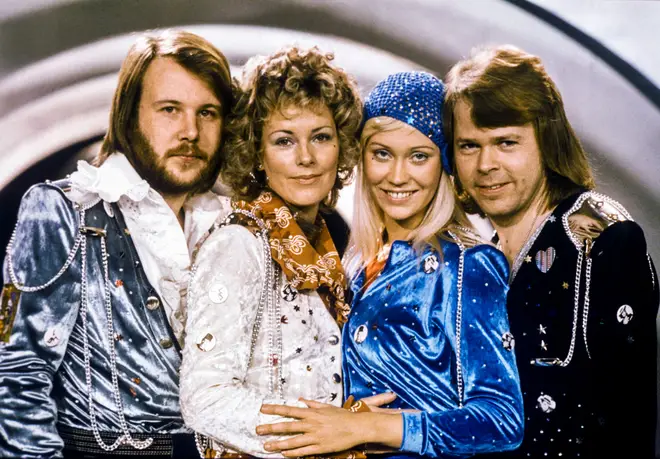
ABBA's Björn Ulvaeus discusses the controversial moment the Swedish pop group were awarded no points by Eurovision's host country, in a 'cunning' bid to win.
ABBA have opened up about when the UK awarded them 'nul points' at the Eurovision Song Contest for their now world-famous song, 'Waterloo'.
The moment happened in 1974 when Eurovision was being held at the Brighton Dome and many people thought the UK's entry, Olivia Newton-John, was going to win the whole show.
- See more: ABBA's 20 greatest ever songs, ranked
Newton-John's track 'Long Live Love' would have given the Brits a third victory, but what no one could have predicted was that a little-known pop act from Sweden would blow everyone else out of the water.
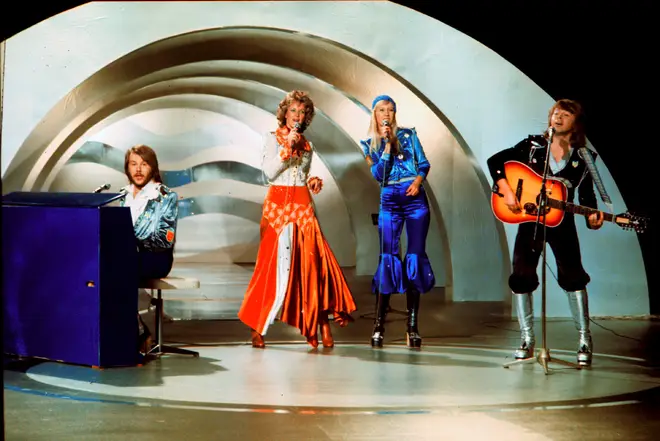
ABBA's song 'Waterloo' was a standout star and won the entire show, eventually going on to become number one in several countries and selling over six million copies – making it one of the best-selling songs of all time.
- See more: When unknown ABBA sang ‘Waterloo’ in its original Swedish for their breakthrough TV appearance
Yet the UK gave Sweden 'nul points' for their performance on the night, prompting songwriter Björn Ulvaeus to say 47 years later that they must have viewed ABBA as a possible threat.
"It certainly could have been," he told the BBC, "Because the Brits were the first ones to embrace us after winning, so the jury could have been as cunning as that - [it's] very likely actually.
"Because it's kind of strange they would give us zero points. It sounds like they were trying to do something cunning."
Asked if he had ever spoken to Olivia Newton-John about their victory, Björn said: "Frida (bandmate Anni-Frid Lyngstad) is a good friend with Olivia. She says that Olivia knew that we would win," he says.

"We certainly talked that night, but I don't remember that, it was such chaos I hardly remember anything other than waking up the next day and finding myself and us being all over the globe suddenly.
"[We had] gone overnight from this obscure Swedish band to world fame... so unreal."
Wherever was behind the UK's reasoning, the Swedish group's 'nul points' didn't do them any harm and their popularity soared.
ABBA went on to become one of the most commercially successful acts of all time, topping charts across the world from 1974 to 1983 and selling over 385 million records to date.
